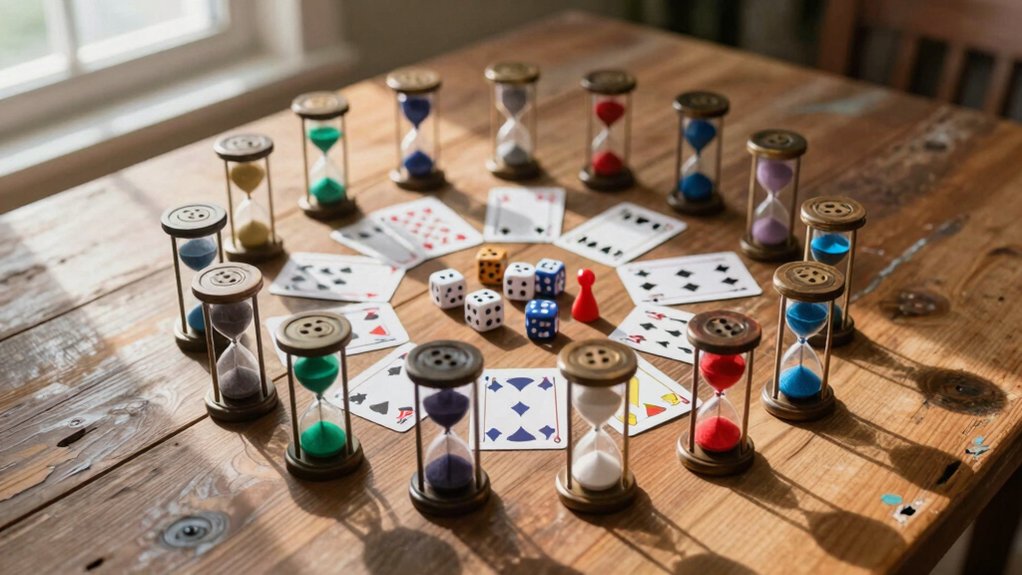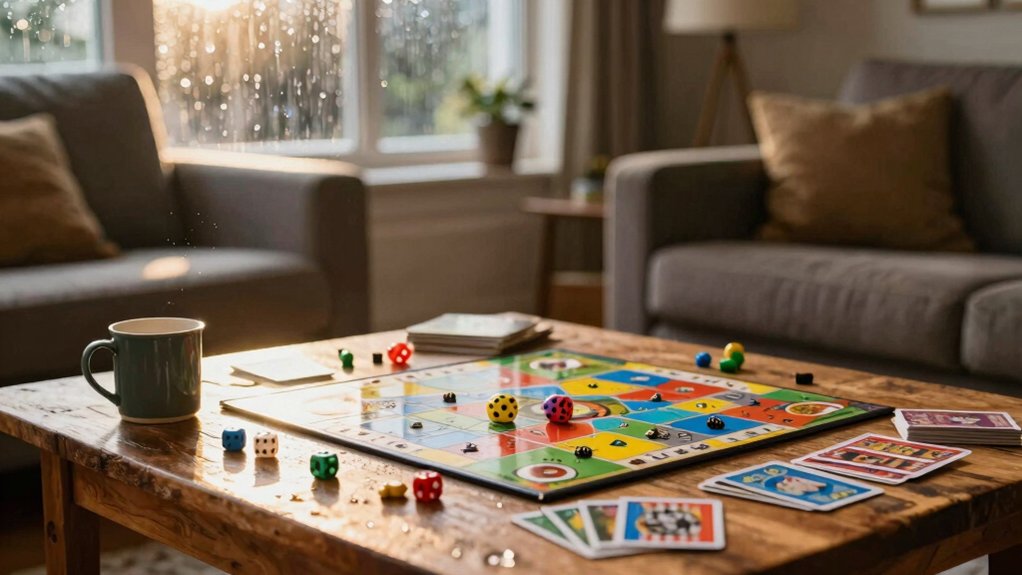Do you want to develop trust within your team?
Group activities can be a great way to build trust and camaraderie. With the right setup, group activities can help your team bond while fostering an environment of collaboration and respect.
In this article, we’ll cover the benefits of group activities, considerations for successful ones, and provide examples of group activities you can use to develop trust.
So if you’re looking for ways to strengthen relationships among your team members, read on!

Benefits of Group Activities
Engaging in group activities can provide numerous benefits, particularly when it comes to developing trust. Group activities such as debates and team-building exercises encourage individuals to interact with one another and form connections.
Through the use of debate etiquette, communication strategies are developed which lead to increased understanding between members of the group. This leads to a greater sense of camaraderie and cooperation among participants.
Group activities can also help individuals learn how to recognize different perspectives, think critically, and become more creative problem solvers. In addition, engaging in group activities encourages people to work together towards a shared goal.
This allows them to build on each other’s strengths while recognizing their weaknesses and learning from each other’s mistakes.
It also helps create a sense of teamwork that is essential for creating strong relationships within the group. As such, it provides an environment where trust can be built through mutual respect and collaboration.
Group activities are not only beneficial for developing trust but also for providing an outlet for creativity and self-expression. They allow people to explore new ideas and express themselves freely without fear of judgment or criticism.
Furthermore, they promote emotional well-being by allowing members of the group to support each other in times of need or uncertainty while still respecting individual differences.
All these aspects combine to make group activities an effective tool for promoting trust within any organization or community!
Considerations for Successful Group Activities
Organizing collaborative experiences can be a powerful way to cultivate a sense of connection and security. To ensure successful group activities, it’s important to consider the following points:
| Conflict Resolution | Communication Skills | Group Dynamics |
|---|---|---|
| Understand opinions of all members | Listen actively | Respect boundaries |
| Encourage healthy debate | Speak up respectfully | Determine roles |
| Acknowledge differences | Express ideas clearly | Monitor interactions |
Conflict resolution is key when utilizing group activities as this allows for individuals to gain insight on different perspectives. Furthermore, communication skills are an essential component for successful outcomes as this allows everyone involved to voice their thoughts and opinions without judgement. Additionally, understanding group dynamics by respecting boundaries, determining roles, and monitoring interactions can help build trust among participants.
Moreover, leaders should create a safe environment where everyone feels comfortable expressing themselves while actively participating in constructive conversations. This ultimately helps foster meaningful relationships that build trust around collective goals and objectives. It’s also crucial that leaders provide timely feedback when necessary as well as recognize achievements which further encourages team engagement and collaboration.
Group activities offer an effective platform for developing strong bonds between people which is integral in forming trusting relationships. With proper guidance and thoughtful planning, they can be used to effectively promote collaboration between individuals while simultaneously inspiring them reach common goals together.
Examples of Group Activities

You’re probably familiar with some of the most popular group activities, such as Charades, team building games, and trust falls.
These activities can be a great way to build relationships between people and create a sense of trust within a group.
Let’s take a closer look at these fun activities and see how they can help foster trust in groups.
Charades
Playing charades can be a great way to get to know your team better and build trust. This classic game encourages teammates to work together while developing communication skills and problem-solving abilities. It’s an excellent ice breaker for groups of all sizes, as it requires minimal materials and no prior knowledge or special skills.
Ice breakers:
- Charades can help people feel more comfortable with each other by providing a low-pressure environment for sharing stories and creating connections.
- Acting out verbal puzzles can help foster familiarity among participants, encouraging them to think outside the box when solving problems.
Verbal Puzzles:
- The game allows participants to practice their creative expression without fear of retribution or judgment from others.
- By having teammates guess word clues in a fun setting, they’ll learn how to look at things from different perspectives, which can lead to increased trust between team members.
Team building games
Gathering your team for a few fun team building games can give you the opportunity to build camaraderie and strengthen relationships. Games such as sharing stories, silent reflections, or even trust-building activities can help create an atmosphere of trust within the group. Team building activities allow all members to get to know one another better, which helps build more meaningful connections and strengthens communication.
| Activity | Benefits |
|---|---|
| Sharing Stories | Allows participants to express themselves while strengthening bonds between them. |
| Silent Reflections | Allows participants to think deeply about issues that are important and encourages open dialogue later on. |
| Trust-Building Activities | Helps individuals build trust in each other by engaging in various tasks together. |
Trust falls
Moving on from team building games, trust falls are another popular group activity used to develop trust. They involve members of a group standing in a circle and taking turns to fall backwards, trusting that the other members will catch them. Trust falls can be an effective way to promote communication drills, problem-solving exercises, and foster trust among team members. Here’s why:
-
It provides a safe environment for everyone to take risks and express their feelings without judgment.
-
It encourages active listening between all participants as they discuss how best to catch each other safely when falling.
-
It emphasizes the importance of teamwork and collaboration over individual achievements.
-
It helps build an emotional connection by providing an opportunity for individual vulnerability in front of others – making it easier for people to empathize with one another more quickly and easily.
Conclusion
You’ve seen how group activities can be used to develop trust among colleagues. When done right, they can help build relationships, improve communication and collaboration, and create a shared sense of purpose.
Just make sure to keep the group size manageable, provide clear guidelines for participation, and involve everyone in an activity that’s both fun and meaningful.
With some planning and effort, you can use group activities to promote team building and create an atmosphere of trust within your organization.




Leave a Reply